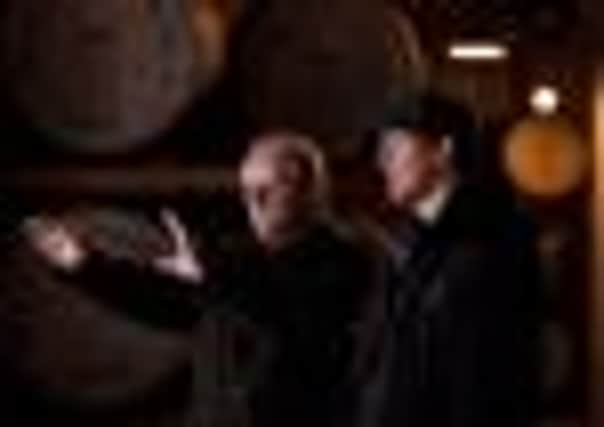The Angels’ Share: Scotland finds favour again with Ken Loach’s latest offering


Loach has been nominated regularly over the past 20 years for the Palme d’Or, the main prize of the Cannes Film Festival (which he won in 2006), with a series of films that have built his reputation for social realism. Influential works such as Cathy Come Home (for television) and Kes, completed in the 1960s, provided the foundations for a career that has eschewed the mainstream market, to the extent that he prefers to use unknown and often untried young talent in lead roles rather than experienced actors.
The Englishman has brought his work north of the Border on several occasions, notably in Carla’s Song, My Name Is Joe, Sweet Sixteen and Ae Fond Kiss. None of these offerings could be described as heartwarming. In Carla’s Song, a love affair takes a Glasgow bus driver into the thick of war-torn Nicaragua; My Name Is Joe sees an unemployed recovering alcoholic confront his problem and fall in love – but the story concludes with a funeral; Sweet Sixteen begins with hope as teenager Liam tries to help his family make a fresh start, and save his mother from domestic abuse, but he pays the price for trying to fund a better future through drug dealing; and Ae Fond Kiss examines the heartache of arranged marriage.
Advertisement
Hide AdSo it comes as something of a surprise to find that The Angels’ Share, the only British film out of 22 to be showcased in Cannes, is described as a comedy, albeit of the bittersweet variety. The plot begins in typical Loach style – young Glaswegian hard man Robbie realises he has to leave behind a life defined by violence, following the birth of his son. A visit to a distillery fuels his imagination, and he embarks on a plan to pull off a heist involving £1 million worth of whisky.
“They say comedy is just tragedy with a happy ending,” Loach has said, by way of explanation for his apparent change in direction. “What you have to do is capture some truth about the way people are, how they interact, the possibilities they have. One story may end in disaster and one happily – but they’re the same characters. You try and capture them in the same way.”